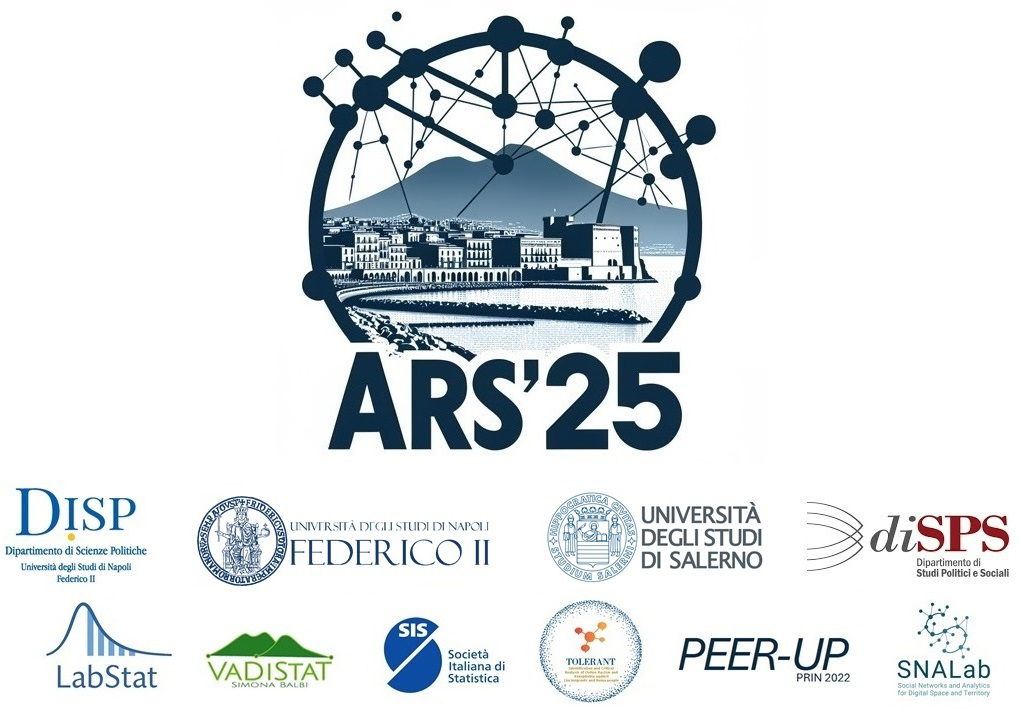Speaker
Description
Charitable food provision (CFP) has grown into a structured yet contested component of urban welfare, increasingly reliant on cross-sectoral partnerships and surplus redistribution mechanisms. This contribution presents a mixed-method protocol for reconstructing the emergence and consolidation of CFP fields over the past 25 years in Italy, the Netherlands, and Japan—three countries marked by contrasting institutional regimes but convergent trends in welfare hybridization and the discursive bridging between food insecurity and the ecological sustainability transition.
Anchored in the combination of Strategic Action Field (SAF) theory with social network analysis, the paper conceptualizes CFP as an evolving organizational field shaped by competition, cooperation, and nested dependencies between food charities, state institutions, corporate actors, other civil society organizations, and the urban poor. We adopt event sequence analysis (ESA) to unfold field dynamics using an original dataset built from multi-source textual data (e.g. news archives, legal records, organizational reports) gathered in each country. We consider a wide set of events (e.g. organizational founding, partnership creation, regulatory changes, advocacy campaigns, policy implementation, episodes of contention, etc) which are linked through intentional dependencies and/or shared common ground.
Our ESA data collection protocol is designed for high interoperability with other longitudinal network-analytic approaches, enabling the construction of time-stamped bipartite and one-mode networks (e.g. event-to-actor, event-to-event, actor-to-actor). Building blocks of field formation are identified via modularity analysis, while blockmodeling techniques are applied to map actor roles and country-specific pathways. The presentation will showcase early-stage insights from the Italian case and discuss the protocol’s potential for comparative research and field-level policy evaluation.
By bridging event analysis with network modeling, the article contributes to methodological innovation in the study of community welfare ecosystems, offering tools to trace, compare, and explain the emergence of complex support infrastructures across diverse urban contexts.
Keywords/Topics
Longitudinal network analysis, Event Sequence Analysis (ESA), Civil society organizations, Charitable Food Provision, Food banks

